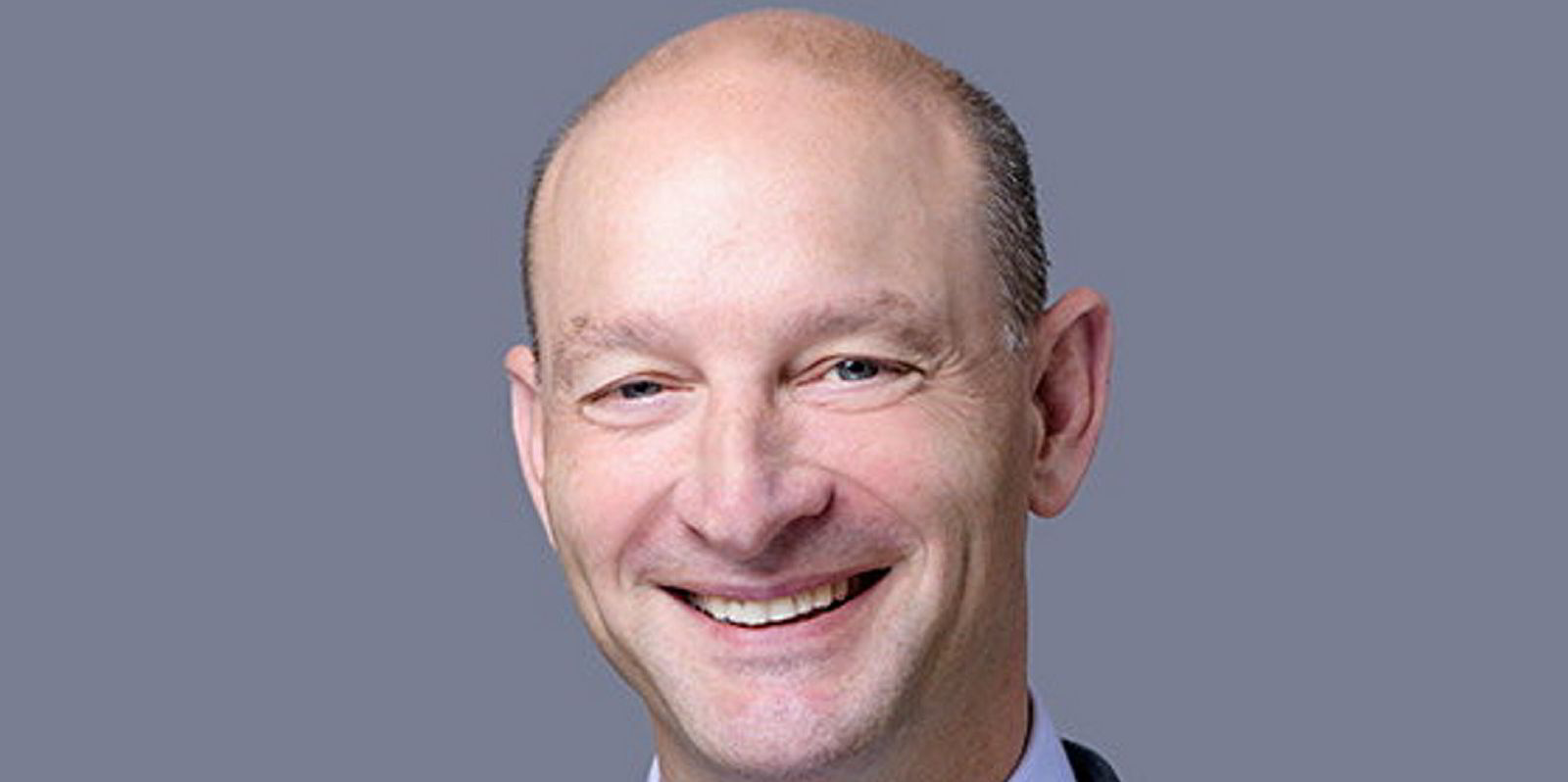Insurance broker Marsh Specialty has carried out a survey to measure whether the priorities of mutual P&I clubs and their shipowner members are aligned.
The findings, which cover 12 key service points, provide a revealing insight into the culture of some clubs and whether they are suited to the business strategy of their members.
“We sought to highlight some differences in “personalities” among clubs, which might be of interest to shipowners thinking about their P&I club relationships, or thinking about starting new ones. We believe the responses allowed us to identify individual club characteristics that are recognisably different,” Marsh said.
The survey found that overall P&I clubs and their members put a high-quality claims service — followed by a strong balance sheet and superior capital adequacy — as their number one and two priorities respectively.
But, when it came to the question of premium, differences begin to show. On average shipowners placed pricing as their number three priority while for P&I clubs it ranked fourth.
“Clients are primarily buying service and want it at the best price but recognise that in the mutual system certainty of cost can only be delivered from a sound balance sheet. The clubs slightly lower ranking may be a case of not wanting to offer too much encouragement in this area,” Marsh commented.
On high profile issues like ESG, shipowners rated it their lowest priority in terms of what they expect from P&I clubs, and it ranked a lowly ninth for the clubs themselves.
P&I clubs and their members were also split on attitudes to ratings agencies. Shipowners ranked their P&I club's S&P Global Ratings score as more important than the P&I clubs did themselves.
But, the biggest divergence came on the subject of developing a close personal relationship with claims and underwriting team.
For shipowners this ranked as the fourth priority, compared to eighth for the P&I clubs.
Looking at Individual clubs Marsh found that the Standard Club’s priorities were most closely aligned with its members — while the Swedish Club showed the largest disparity.
“That Standard ‘scored’ highest and Swedish Club ‘lowest’ is not a measure of the degree to which those clubs understand or reflect their members’ priorities. It is, however, a measure of how the clubs prioritise a set of common core values,” Marsh said.
The biggest disparity between a club’s view and that of its membership on an individual issue came at Britannia P&I.
Providing the lowest possible premiums was the second lowest priority for the Britannia management, and the fourth highest priority for its membership.
The only club to rate lowest possible premiums as its highest priority was Steamship Mutual.
The Japan Club declined to take part in Marsh’s survey which covered the other 12 members of the International Group of P&I Clubs.






